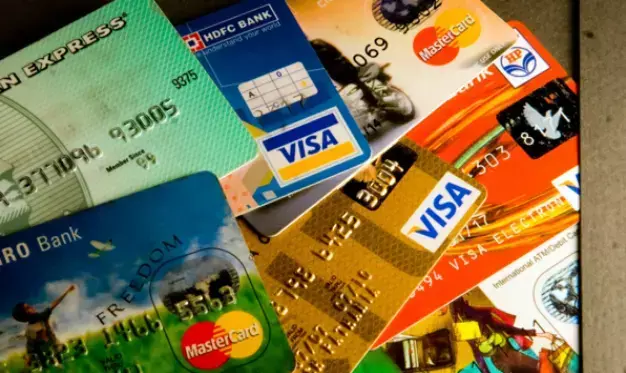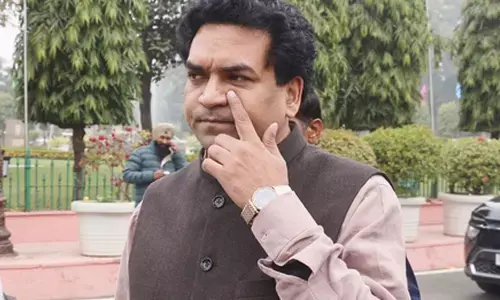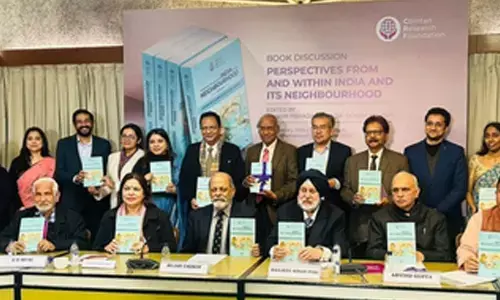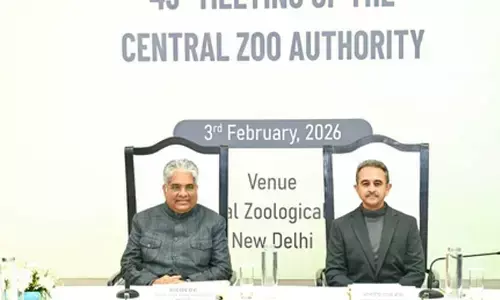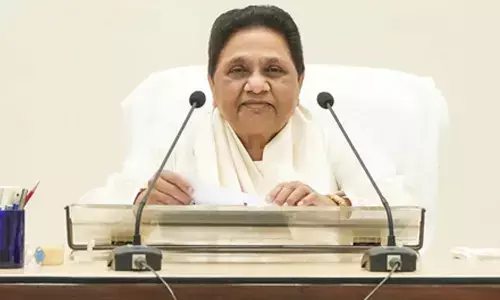MoS IT bats for net neutrality amid TRAI's move to selectively ban OTTs
Share :
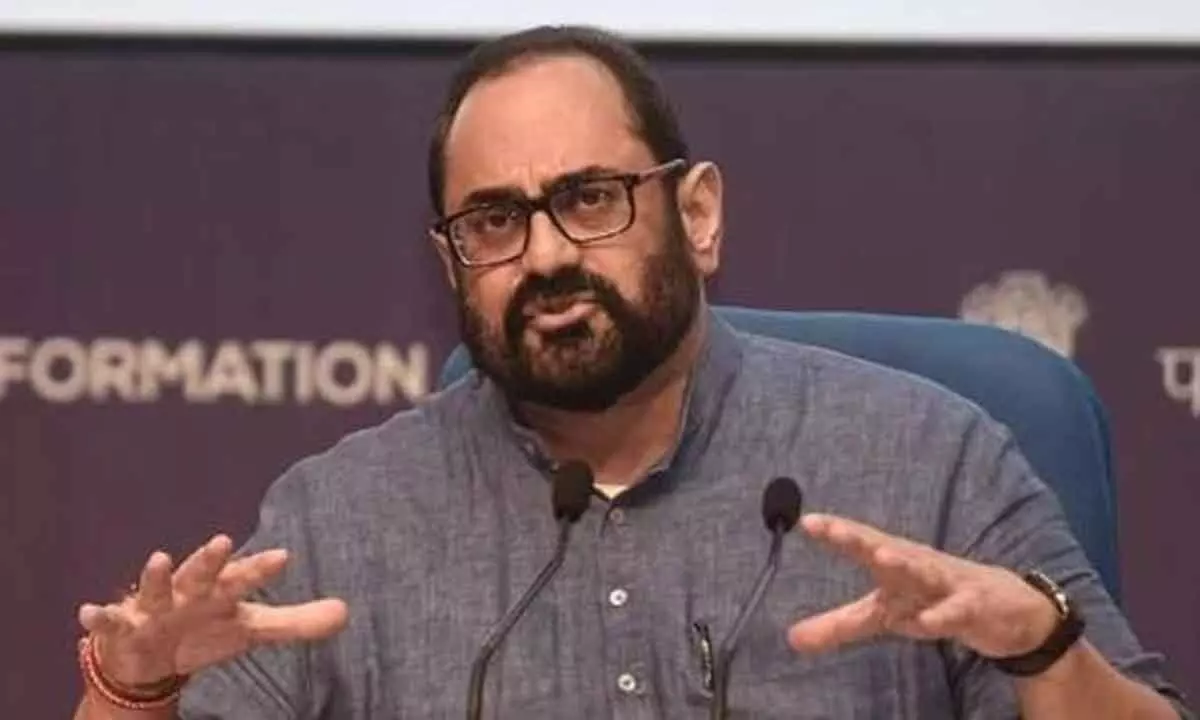
Union Minister Rajeev Chandrasekhar
Minister of State for Electronics and IT, Rajeev Chandrasekhar, on Friday said India is one of the first countries in the world to ensure net neutrality and "pushed back against Telcos wanting to be gatekeepers of the Internet".
New Delhi: Minister of State for Electronics and IT, Rajeev Chandrasekhar, on Friday said India is one of the first countries in the world to ensure net neutrality and "pushed back against Telcos wanting to be gatekeepers of the Internet".
The minister's comments came as the proposal by the Telecom Regulatory Authority of India (TRAI) on selective banning of OTT or Internet services has resulted in a fierce debate among industry bodies, internet companies and startup founders.
"Net Neutrality in India was a hard fought battle for those who remember -- which started during the UPA govt and peaked in 2015-2016. I led an effort where over 5 lakh Indians wrote to TRAI opposing efforts of some Telcos to cabelize the Internet and double dip/charge," Chandrasekhar posted on X.
He further said that Prime Minister Narendra Modi's vision made India one of the first countries in the world to ensure Net Neutrality and "push back against Telcos wanting to be gatekeepers of the Internet".
"That decision of PM Modi was an important factor in India becoming a world-leading innovation economy with this vibrant global standard startup ecosystem that we see today," said the minister.
On Thursday, the IAMAI once again countered the TRAI's proposal on selective banning of OTT/Internet services, saying such demands for imposing revenue sharing mechanisms between Internet companies and telecom services providers (TSPs) "smack of rent-seeking".
According to IAMAI members, by requiring "largest" OTT service providers to pay TSPs for data used by consumers, TSPs would effectively be charging twice for the same service – as they already charge consumers for data.
In any case, "surging data traffic" is merely data consumed by consumers that they have already purchased from telecom companies.
Therefore, the "strain" on infrastructure of TSPs occurs when they sell data to consumers beyond their infrastructural capacity – a fact that has been conveniently ignored, the IAMAI argued.
The IAMAI also flagged demands made by the Cellular Operators Association of India (COAI) and the Indian Council for Research on International Economic Relations (ICRIER) in favour of telecom service providers.
The IAMAI highlighted that such demands fail to recognise that telecom service providers are subject to a special regulatory and licensing regime by virtue of the control that they exercise over valuable national resources such as spectrum.
Earlier this week, at least 128 startup founders urged the TRAI to rethink any move towards over-regulation of internet services being described as OTT services, which may have discriminatory consequences. the TRAI, in July, started the process to examine the issue of regulating OTT communication apps.
Earlier this month, 11 consumer groups said the proposal would lead to over-regulation and would create regulatory uncertainty in the domestic market.







